Summer is a time for family fun, sunshine, and outdoor adventures. But as temperatures rise, so do the risks for your little one. Babies are more vulnerable to heat, sunburn, dehydration, and insect bites than adults, so extra precautions are crucial. In this guide, we’ll walk you through key baby safety tips for summer, helping you protect your child while enjoying the season.
Why Summer Safety Is Critical for Babies
Babies’ bodies are not as efficient at regulating temperature, and they can overheat more quickly than adults or older children. Their skin is also thinner, making them more susceptible to sunburn. Plus, summer activities often involve water and outdoor environments, introducing risks like drowning, insect bites, and foodborne illnesses.
Common Summer Hazards for Babies:
-
Overheating & heatstroke
-
Sunburn
-
Dehydration
-
Insect bites and stings
-
Water safety concerns
-
Food spoilage during picnics or outings
Understanding these risks is the first step to keeping your baby safe.
1. Keep Your Baby Cool and Hydrated
Dress Appropriately
Choose lightweight, breathable clothing made of natural fibers like cotton. Light colors reflect sunlight and help keep your baby cool. A wide-brimmed hat that covers the face and neck is essential.
Avoid Peak Sun Hours
Limit outdoor time between 10 a.m. and 4 p.m., when UV rays are strongest. If you must be outside, seek shade or create it using a stroller canopy, umbrella, or pop-up tent.
Hydration Tips
-
If your baby is under 6 months old and exclusively breastfed or formula-fed, no additional water is needed, but feed more frequently.
-
For babies older than 6 months, offer small sips of water in addition to breast milk or formula.
-
Watch for signs of dehydration: fewer wet diapers, fussiness, dry lips, and lethargy.
2. Protect Against Sunburn
Use Baby-Safe Sunscreen
-
For babies over 6 months, apply broad-spectrum sunscreen with SPF 30 or higher to all exposed areas.
-
Look for formulas labeled "baby-safe," fragrance-free, and with zinc oxide or titanium dioxide (less likely to irritate).
-
Reapply every 2 hours and after swimming or sweating.
Keep Newborns Out of Direct Sun
Babies under 6 months should not be exposed to direct sunlight. Instead, use protective clothing, hats, and shade.
3. Smart Travel and Car Seat Safety
Never Leave a Baby in a Hot Car
Even on a mild day, the temperature inside a parked car can rise rapidly, putting your baby at risk of heatstroke or death. Always check the back seat before locking the car. Use reminders like a diaper bag in the front seat or a "baby on board" tag.
Car Seat Cooling Tips
Car seat materials can get hot in the sun. Before placing your baby in the seat:
-
Use sunshades on windows.
-
Cover the seat with a towel when parked.
-
Check buckles and surfaces for heat.
-
Consider breathable car seat liners.
4. Water Safety for Babies
Supervision is Non-Negotiable
Whether it’s a pool, lake, or baby wading pool, always stay within arm’s reach. Drowning can happen in seconds and in as little as 1-2 inches of water.
Baby Pool Safety Tips
-
Empty kiddie pools after each use.
-
Avoid floaties or inflatables as substitutes for supervision.
-
Use Coast Guard-approved life jackets when around natural water bodies.
Bathtime and Hot Tubs
Avoid hot tubs and spas entirely for babies. These can cause overheating or even fainting. Keep bathwater under 100°F (37.8°C).
5. Insect Bite Prevention
Choose Baby-Safe Insect Repellent
-
For babies over 2 months, use EPA-registered repellents with up to 30% DEET or alternatives like picaridin.
-
Do not use repellents on babies under 2 months. Instead, use mosquito netting over strollers and carriers.
-
Avoid applying repellent to hands, eyes, or broken skin.
Dress Defensively
Long sleeves and pants can help protect from bites—opt for loose, light-colored clothing.
6. Food Safety During Summer Picnics
Babies are more susceptible to foodborne illnesses. When traveling or eating outdoors:
-
Keep perishable baby food cold with insulated bags or ice packs.
-
Don’t let food sit out for more than 1 hour in temperatures above 90°F (32°C).
-
Wash hands before feeding or pack hand sanitizer and baby-safe wipes.
7. Sleep Safety in Summer
Overheating is a risk factor for Sudden Infant Death Syndrome (SIDS).
Keep the Nursery Cool
-
Ideal temperature: 68–72°F (20–22°C)
-
Use a fan for air circulation, but not pointed directly at the baby.
-
Dress baby in a lightweight sleep sack instead of blankets.
Don’t Overbundle
Parents often worry about their baby getting cold, but in summer it’s more likely they’ll overheat. A good rule of thumb: dress your baby in one more layer than you're wearing.
8. Signs of Overheating in Babies
Be aware of the following signs:
-
Flushed cheeks
-
Rapid breathing
-
Restlessness
-
Warm to the touch
-
Irritability or lethargy
-
No wet diaper for 6+ hours
If you suspect your baby is overheated:
-
Move them to a cooler area.
-
Remove excess clothing.
-
Offer fluids.
-
Contact a doctor if symptoms persist.
Final Thoughts: Summer Fun and Baby Safety Go Hand in Hand
Summer can be a wonderful time to bond with your baby, introduce them to nature, and create special memories. But safety must come first. By following these summer baby safety tips, you’ll reduce risks and ensure a happy, healthy season for your little one.
Key Takeaways:
-
Keep your baby cool, hydrated, and shaded.
-
Never leave a child unattended near water or in a vehicle.
-
Use sunscreen, insect repellent, and proper clothing for protection.
-
Monitor for signs of overheating or dehydration.
-
Be proactive and prepared for any summer outing.


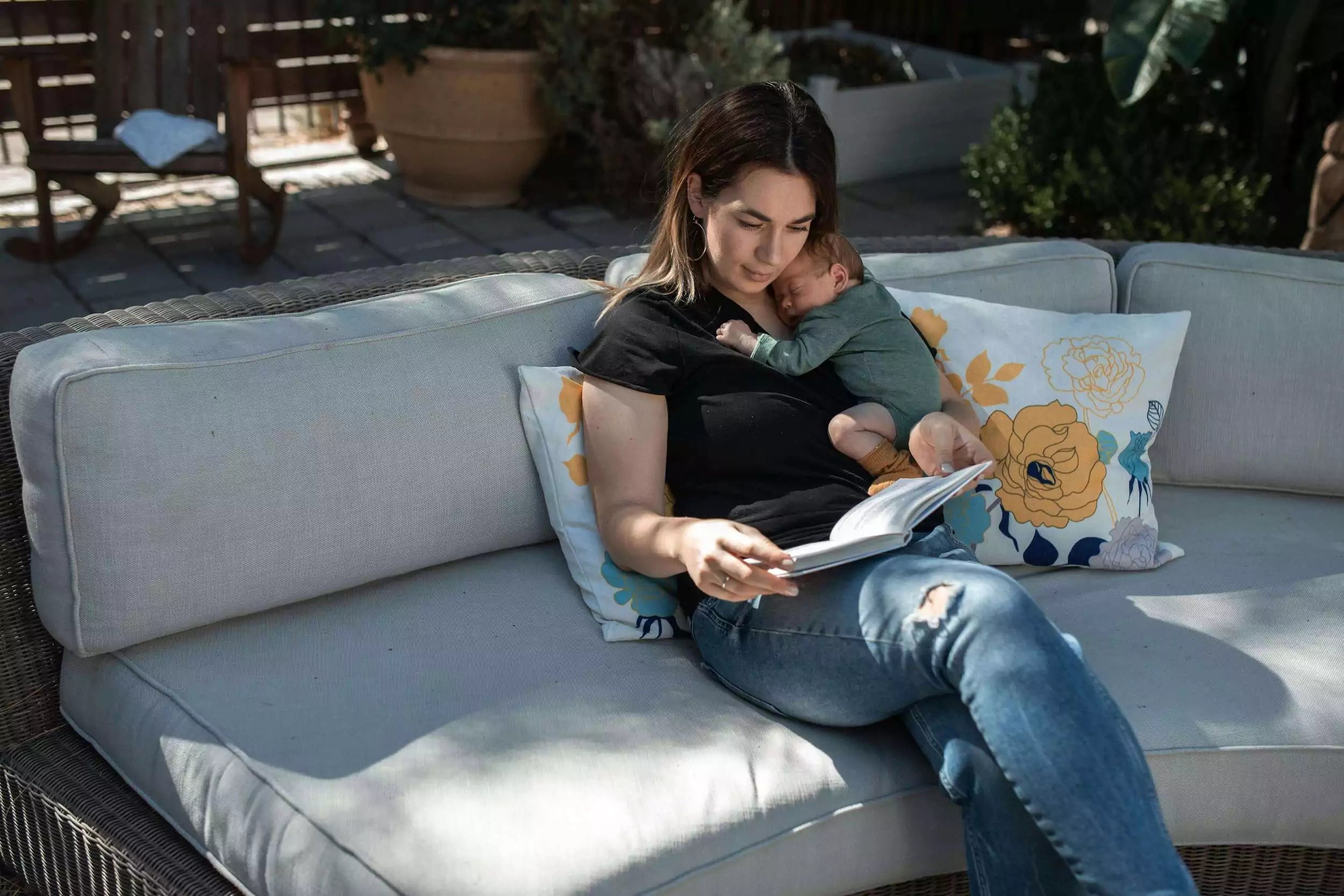

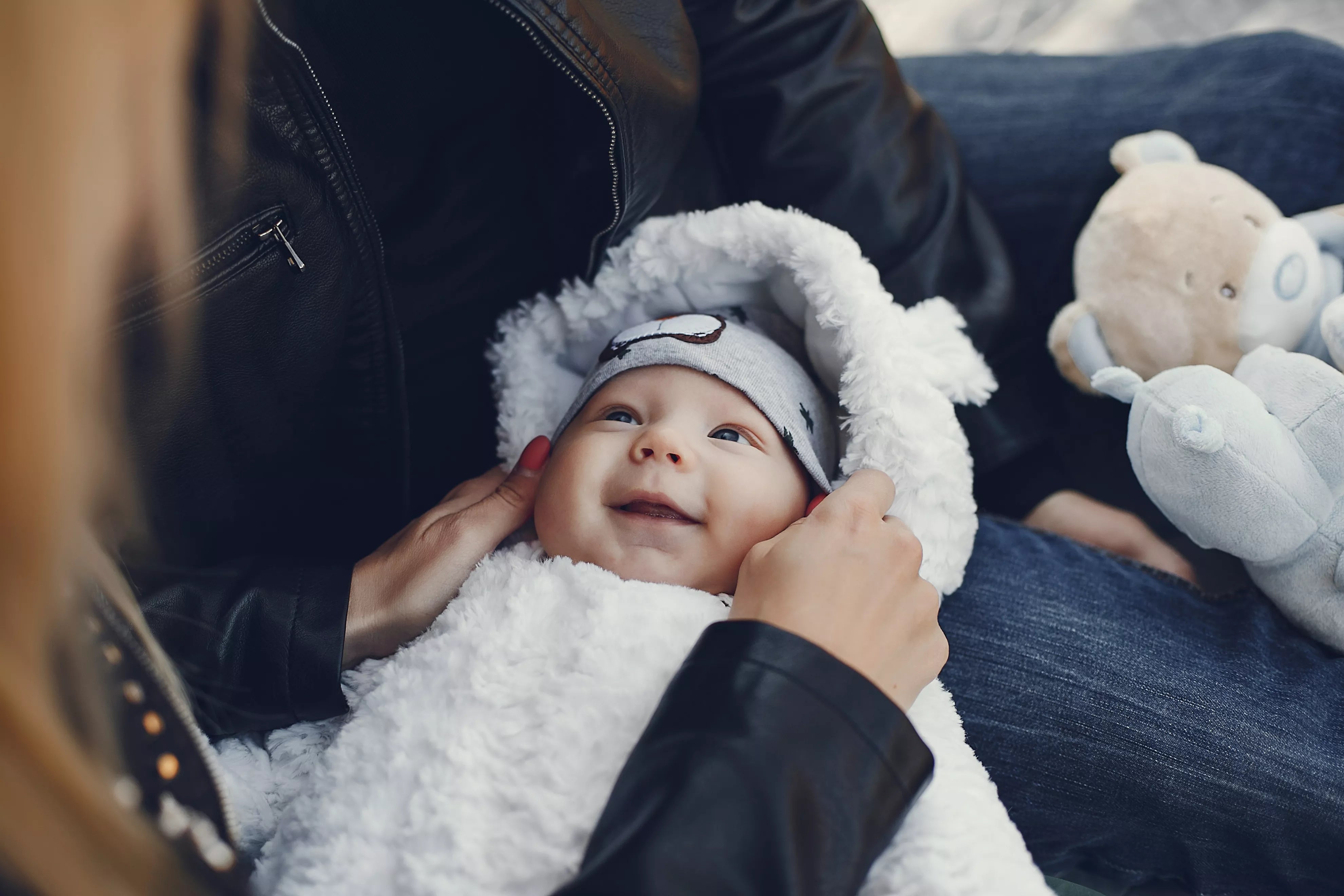
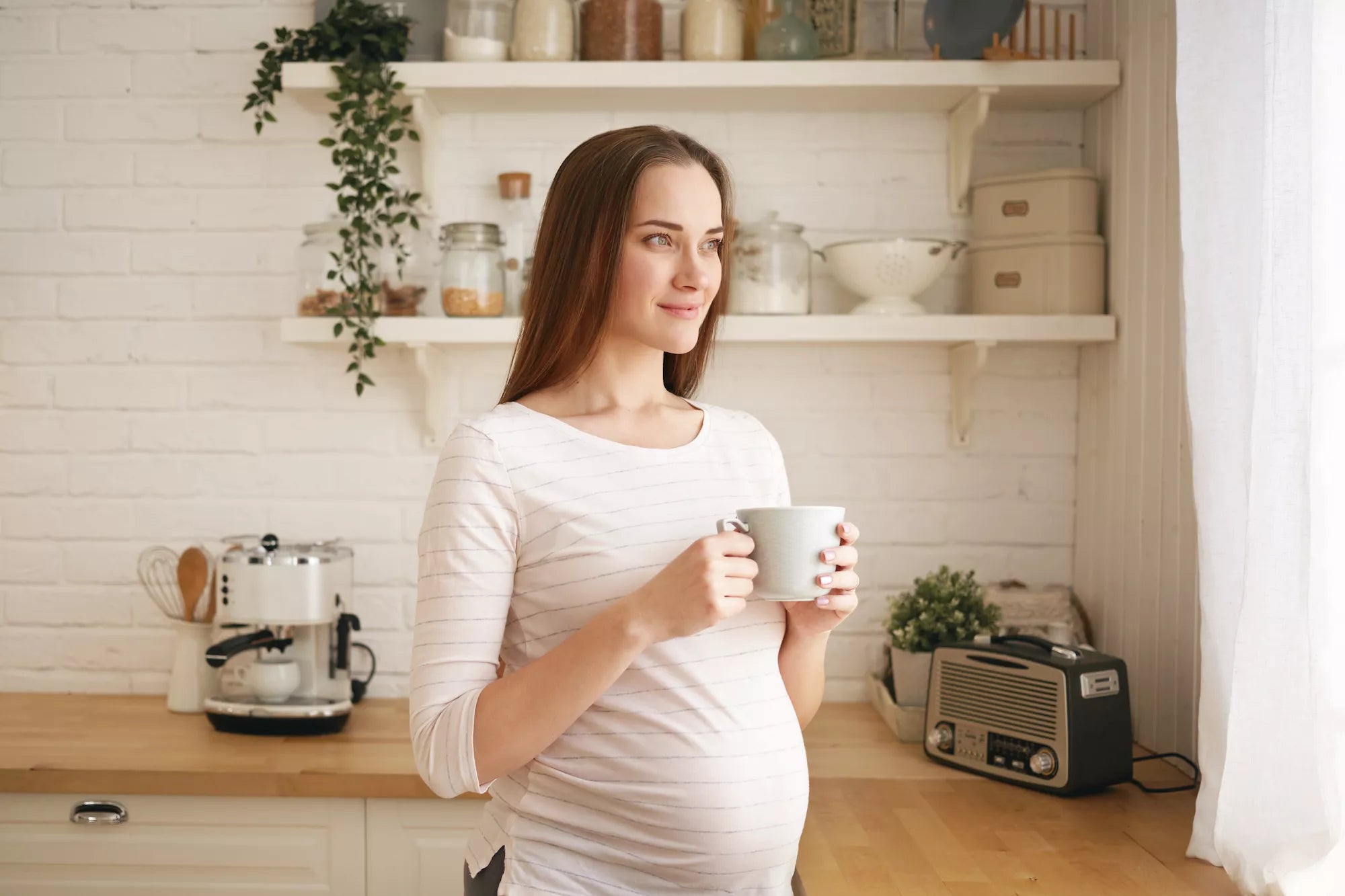
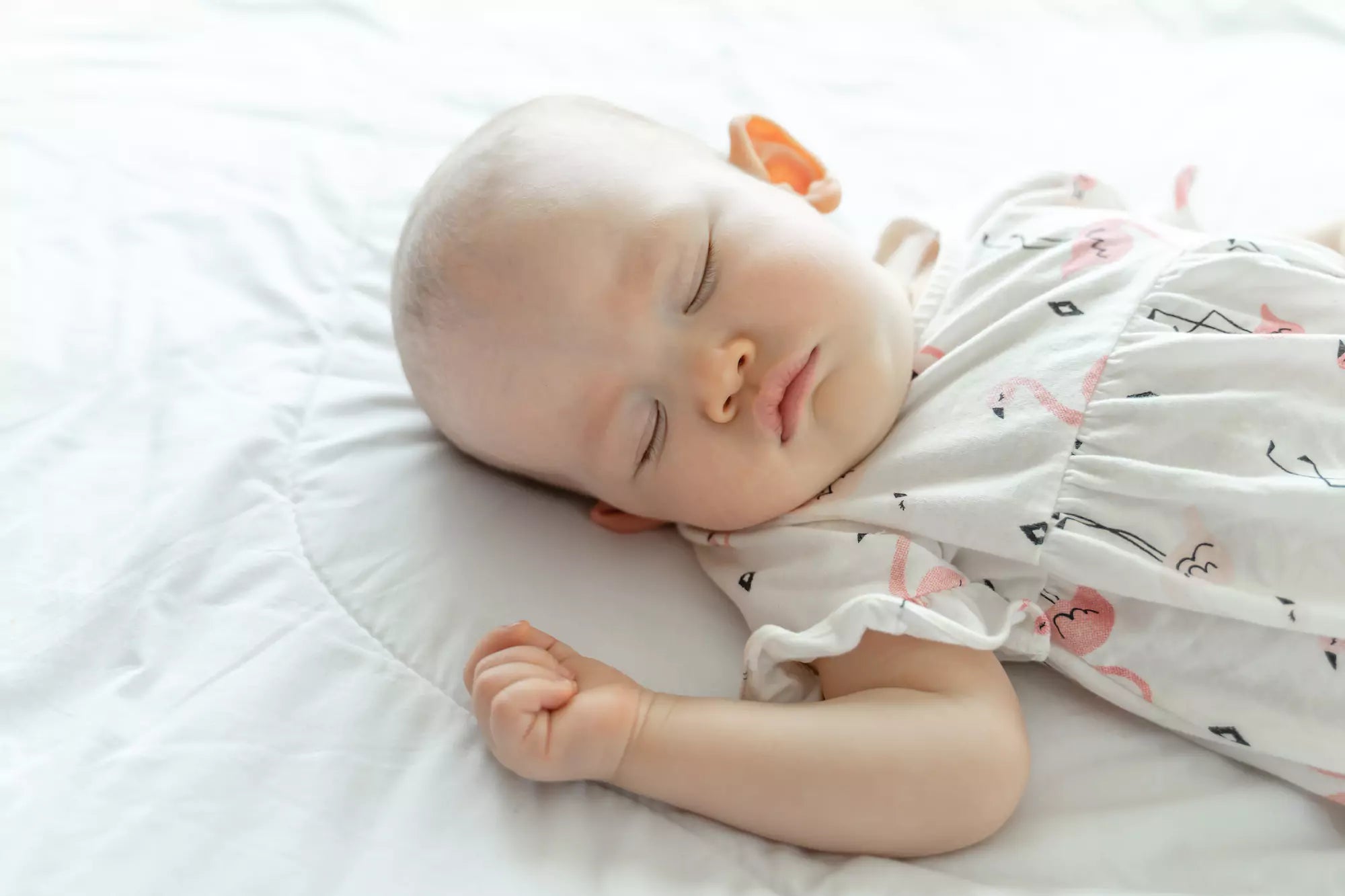

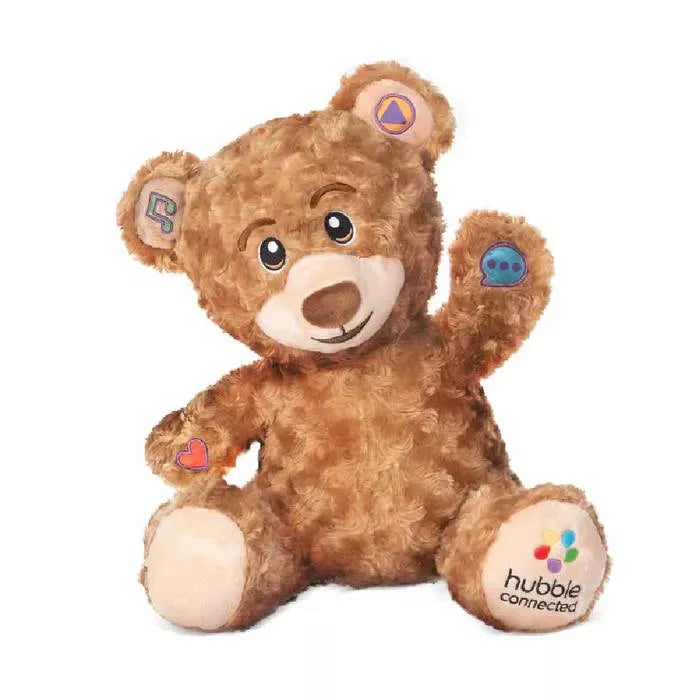
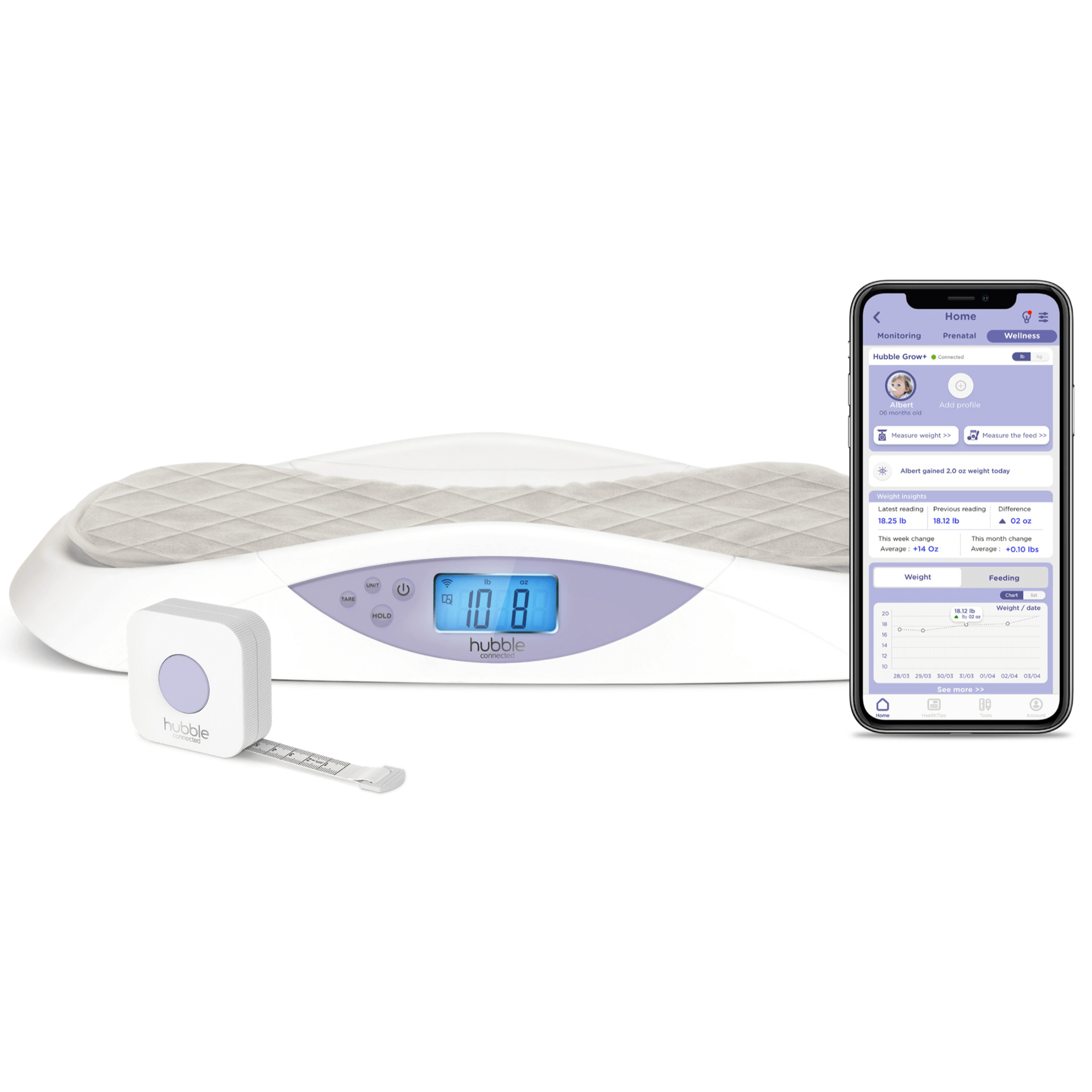
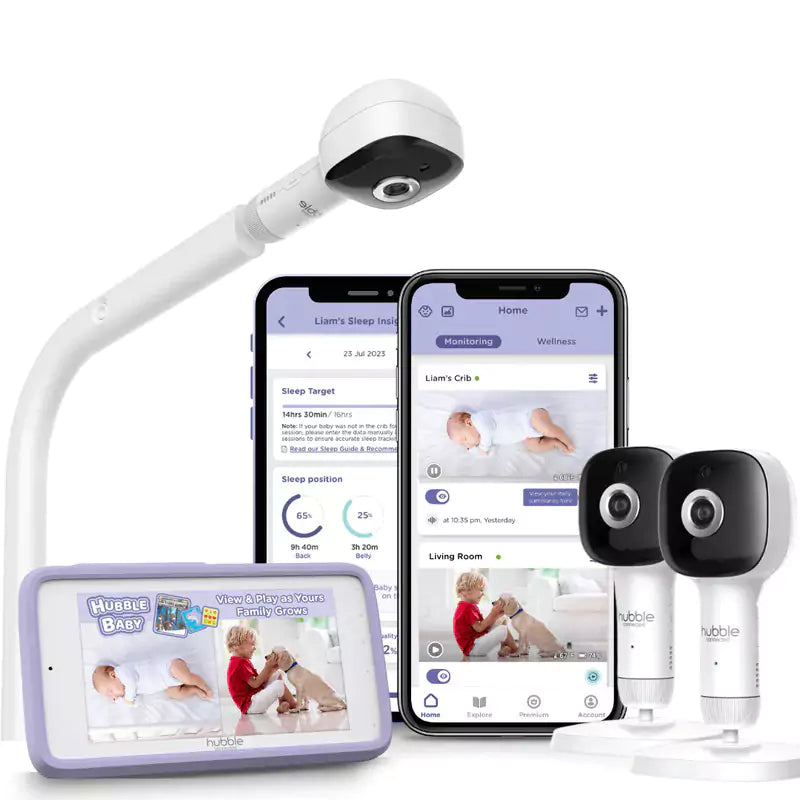
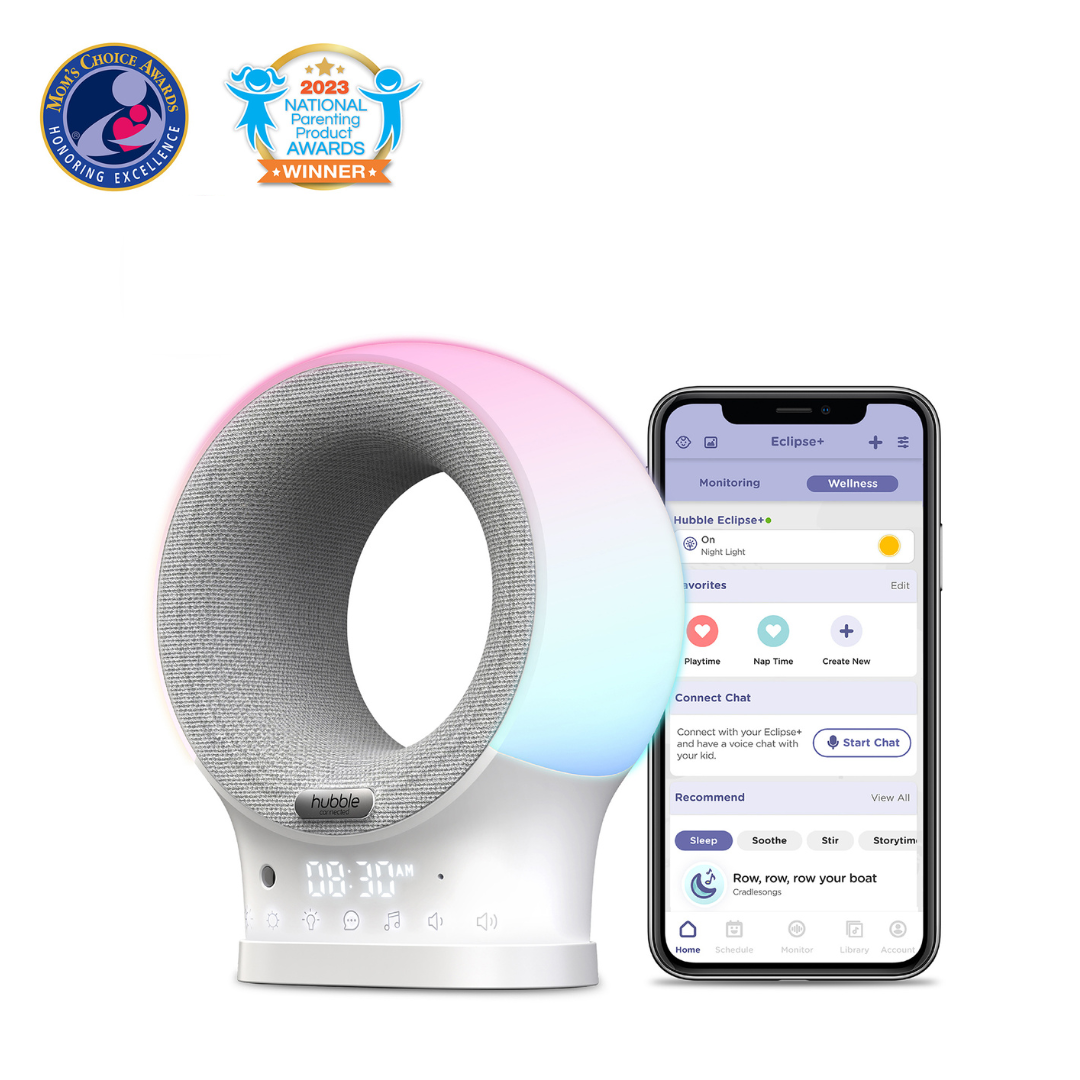

Share: